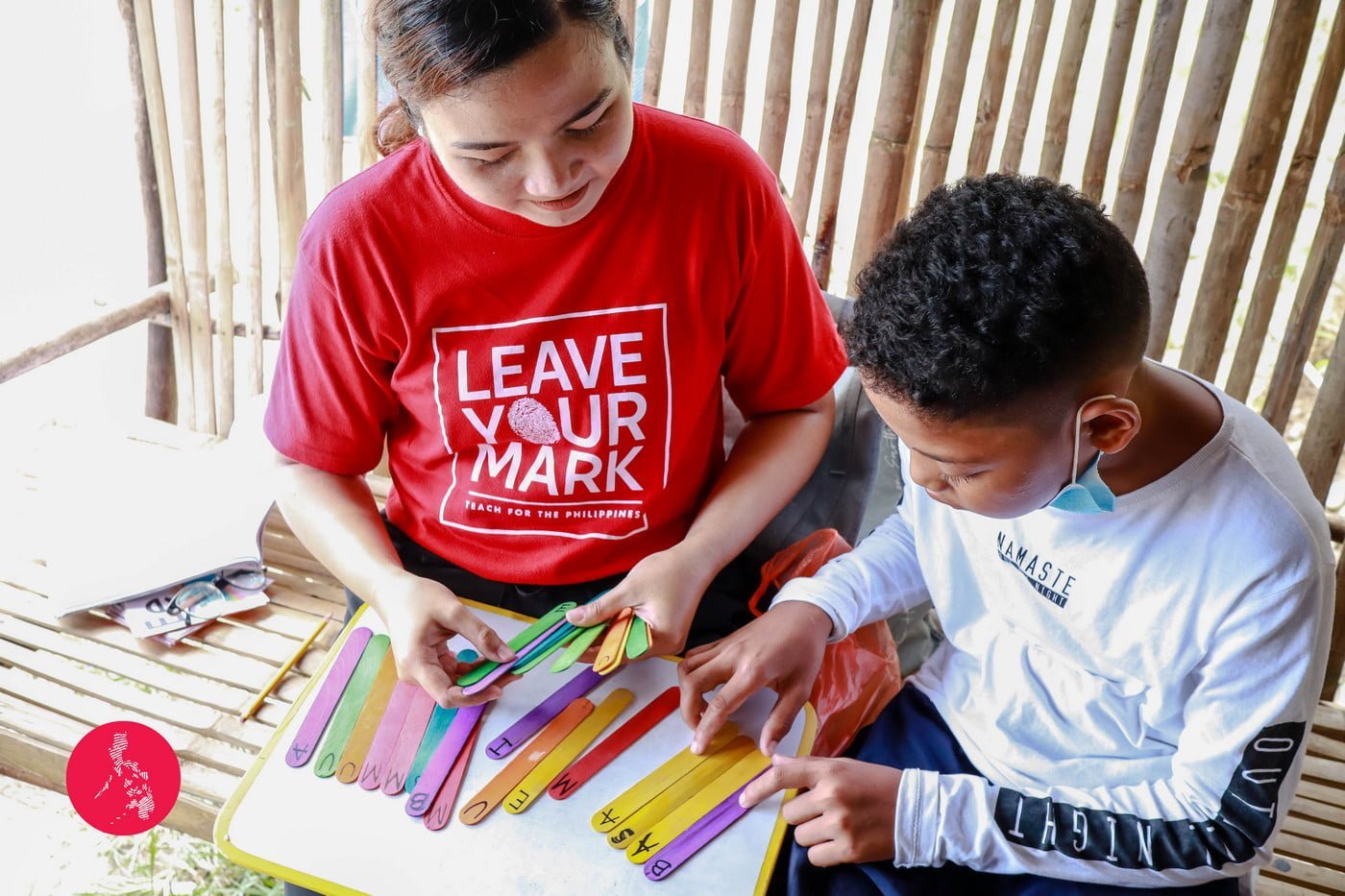“We go where we are needed.” TFP engages new and tenured public-school teachers in schools across the country through its leadership development programs to augment the Philippine Department of Education’s efforts in ensuring access to quality education.
In a country where 27 million children — a quarter of the Philippines’ population — are enrolled in an already heavily-burdened public school system, providing equitable access to quality education for all may seem daunting for a single entity.
“When we started in 2012, we placed a single program in a single city. We all had no idea if our Fellowship program would be a success; it had never been allowed before, and thus, never been done before.”
Clarissa Isabelle Delgado, Co-Founder, and outgoing Chief Executive Officer
Award-winning non-profit organization Teach for the Philippines (TFP) offers a possible solution to address this challenge: leading collective action.
TFP works closely with the Department of Education (DepEd) and the private sector to ensure that all Filipino children benefit from an inclusive, relevant, and excellent education. Propelled by the success of its predecessor, Sa Aklat Sisikat Foundation, TFP has grown immeasurably in its own way.
“When we started in 2012, we placed a single program in a single city. We all had no idea if our Fellowship program would be a success; it had never been allowed before, and thus, never been done before,” states Clarissa Isabelle Delgado, Co-Founder, and outgoing Chief Executive Officer.
“Now, we have three leadership development programs for new and tenured public-school teachers as well as would-be government leaders that span across all three island groups, and generations upon generations of Program Alumni inside and outside government. Hundreds of us are working step by step, every day, to model and align on the change we wish to see in the Philippines.”
Teach for the Philippines teachers use varying learning methods and modalities to help non-readers in public school communities through their Functional Literacy Program.
During the pandemic, the Philippines experienced one of the most prolonged school shutdowns in the world, resulting in significant disruption in public school education. On average, students in developing countries across Asia lost only over half a year of learning. Schools in the Philippines were closed for almost two years, with face-to-face classes only officially resuming in November 2022.
However, the learning crisis in the Philippines predates the pandemic. The 2018 Programme for International Student Assessment (PISA) reported that only one in five Filipino students achieved a minimum proficiency level (Level 2) in Overall Reading and Mathematical Literacy, placing the Philippines last among its Asian counterparts.




TFP has always been a key actor in addressing the compounded challenges of the public-school education system through its bottom-up and top-down approach to change. The organization has interventions that contribute towards immediate and long-term learning outcomes, taking place both at the school and community level to ensure that public school students get relevant education in the form of functional literacy and life skills development, as well as at the teacher training and policy development level to ensure that educators and education stakeholders receive adequate training and support to facilitate learning in classrooms nationwide.
A decade into essential education reform work, TFP finds itself entering a new era with renewed energy.
In September 2023, Mavie Almeda Ungco, a long-time advocate for data-driven decision-making at TFP and its Chief Operations Officer throughout the pandemic, will become its new CEO. Ungco vows to rally the organization and its stakeholders to work together so that the collective can ‘move the needle’ for the benefit of all Filipino children:
“We have to make sure that what we are doing is the most effective, relevant and needed in any given context – that what we’re doing is what will be most impactful for our public-school students and our communities.”
Under Ungco’s leadership, TFP aims to continue strengthening its programs to ensure that public school students can develop their functional literacy and socioemotional skills.
“Literacy is the building block of any country. If we’re not reading and writing as a country, then we are falling behind,” Ungco shares.
“Similarly, every child, every person, should have a sense of agency and a strong belief that their choices can make a difference. These are what Teach for the Philippines’ programs for students, teachers, and young Filipino leaders are all about.”
Policies in the Philippines are written at the national level and implemented depending on local context. Localized implementation means that what may work in one city or region may not in another. An archipelago made up of over 7,100 islands then also has over 7,100 different contexts. With placements all across the country, TFP rises to meet this challenge.
“Every child, every person, should have a sense of agency and a strong belief that their choices can make a difference. These are what Teach for the Philippines’ programs for students, teachers, and young Filipino leaders are all about.”
Mavie Almeda Ungco, incoming Chief Executive Officer
Ungco reiterates TFP’s role in making the jobs of lawmakers and education administrators easier:
“We have always gathered data from our work on the ground to see if our interventions are working or if there is a way to further improve our program design and delivery. Fortunately, because we are a lean organization, we can be more agile in contextualizing our approach to local implementation challenges. Whatever we learn, we share with policymaking bodies and DepEd offices as a way of shortening feedback loops across various levels. This way, TFP helps create relevant and inclusive education policies and programs at scale.”
To date, TFP has reached nearly 100,000 students across ~100 public schools through its student and leadership development programs. Over 300 of Teach for the Philippines’ Program Alumni work in national and local government offices, corporate social responsibility, as well as both private and public academia to ensure that resources and efforts across various sectors are being channeled towards education reform.
Change requires collective action, and so with the belief that education is everyone’s responsibility, TFP provides each and every Filipino the opportunity to shape a brighter future not only for themselves, but most importantly, for their country, and for the children.
Teach for the Philippines (TFP) works to ensure all Filipino children benefit from an inclusive, relevant, and excellent education. TFP engages with new and tenured public-school teachers who have enormous potential for leadership and provide professional development opportunities that help them become agents of change within and beyond the classroom. Through their reading, math, and life skills programs, TFP also develops Filipino children who have functional literacy and who will become responsible citizens who can think critically, articulate clearly, and pursue goals that they have set for themselves, their community and country.
www.teachforthephilippines.com








